
When we talk about grouse, we are invariably speaking about our native red grouse, Lagopus lagopus, regarded by many as the king of gamebirds.
There are, however, no fewer than 17 species of grouse in the world, all in the northern hemisphere, most of which offer their own special sporting challenge.
Does the red grouse really deserve its number one slot?
Red grouse/willow grouse
The most widely distributed of all the grouse species, the willow grouse can be found in an almost unbroken band right round the northern hemisphere.
Britain’s red grouse was once regarded as a full species in its own right, but ornithologists eventually lumped it in with the willow grouse.
The two are virtually identical in every aspect except for plumage. Red grouse remain a shade of red in every plumage, but the willow grouse turns white in winter and retains white wings even in summer.
Of all the grouse species, this is the one that is most widely hunted. Here in Britain the annual bag may be as high as half a million birds, though this is considerably fewer than the 2.5 million shot in 1911, when driven grouse shooting reached its zenith. What is significant about the British bag is that these birds, all of them wild, are harvested from a relatively small area.
In Russia, the annual bag of willow grouse is measured in the millions, with some estimates putting the figure as high as eight million. However, these are shot over a vast area and bags are always small.
Only in the UK does the high density of birds allow driven shooting, making it a uniquely British sport. Elsewhere, willow grouse are usually hunted with pointing dogs.
Rock ptarmigan and white-tailed ptarmigan
この記事は Shooting Times & Country の August 12, 2020 版に掲載されています。
7 日間の Magzter GOLD 無料トライアルを開始して、何千もの厳選されたプレミアム ストーリー、9,000 以上の雑誌や新聞にアクセスしてください。
すでに購読者です ? サインイン
この記事は Shooting Times & Country の August 12, 2020 版に掲載されています。
7 日間の Magzter GOLD 無料トライアルを開始して、何千もの厳選されたプレミアム ストーリー、9,000 以上の雑誌や新聞にアクセスしてください。
すでに購読者です? サインイン
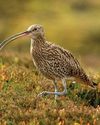
United we stand
Following United Utilities' decision to end grouse shooting on its land, Lindsay Waddell asks what will happen if we ignore our vital moors

Serious matters
An old gamebook prompts a contemplation on punt-gunning
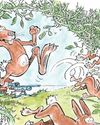
They're not always as easy as they seem
While coneys of the furry variety don't pose a problem for Blue Zulu, he's left frustrated once again by bolting bunnies of the clay sort
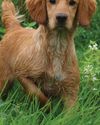
Debutant gundogs
There's lots to think about when it comes to making the decision about when to introduce your dog to shooting
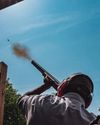
When the going gets rough
Al Gabriel returns to the West London Shooting School to brush up on his rough shooting technique
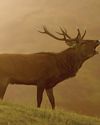
The Field Guide To British Deer - BDS 60th Anniversary Edition
In this excerpt from the 60th anniversary edition of the BDS's Field Guide To British Deer, Charles Smith-Jones considers the noise they make
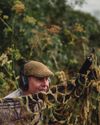
A step too far?
Simon Garnham wonders whether a new dog, a new gun and two different fields in need of protection might have been asking too much for one afternoon's work
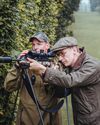
Two bucks before breakfast
A journey from old South London to rural Hertfordshire to stalk muntjac suggests that the two aren't as far detached as they might seem
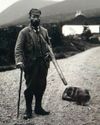
Stalking Diary
Stalkers can be a sentimental bunch, and they often carry a huge attachment to their hill

Gamekeeper
Alan Edwards believes unique, private experiences can help keepers become more competent and passionate custodians of the countryside